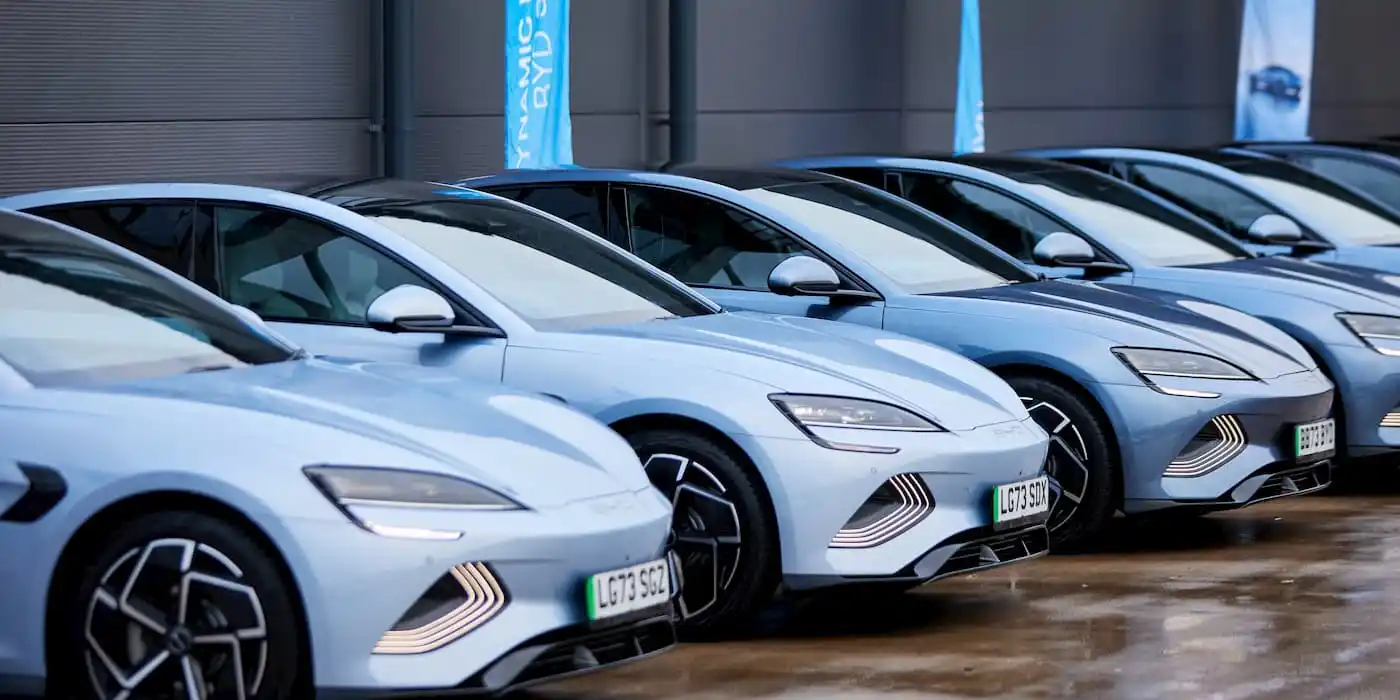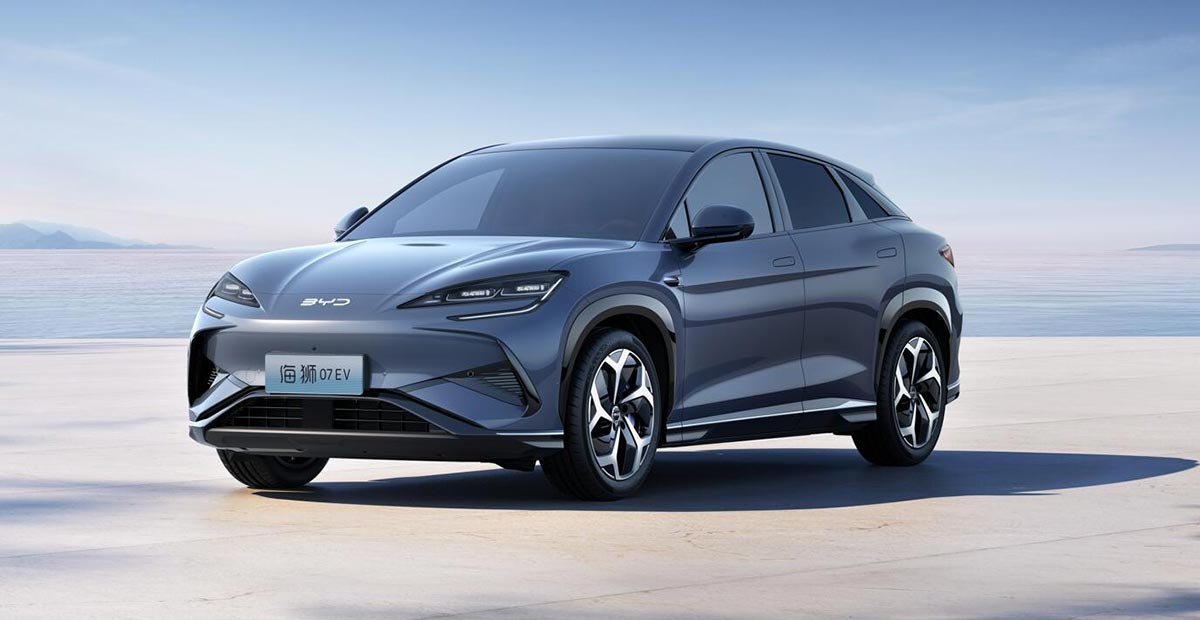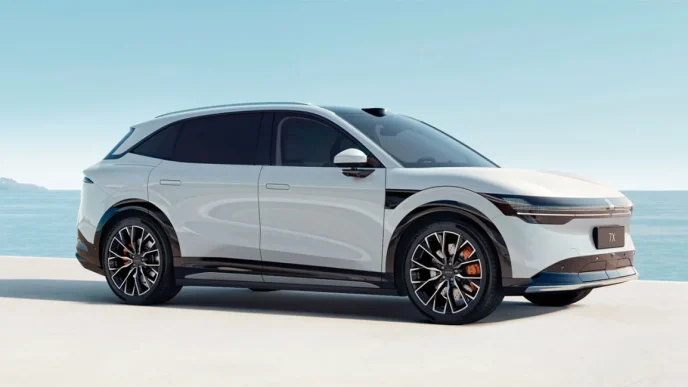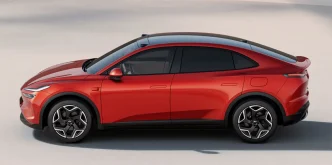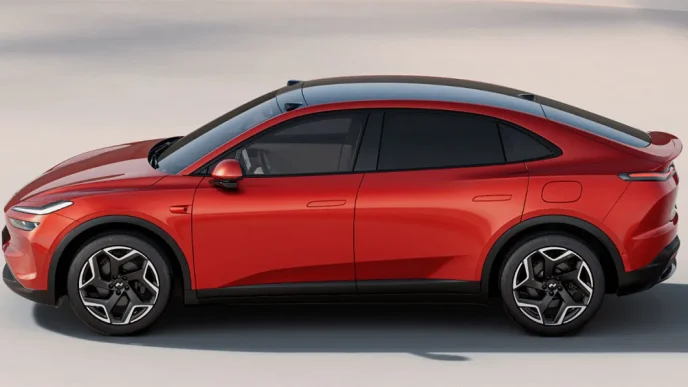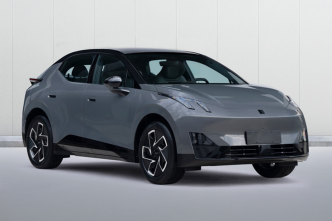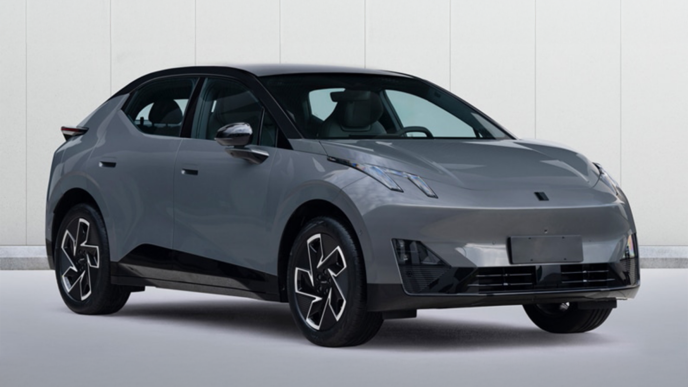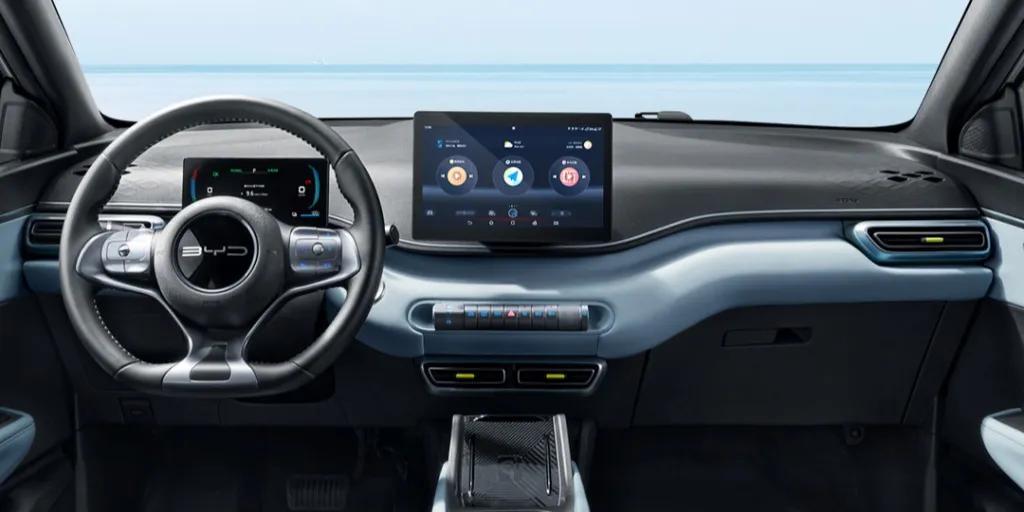BYD has refuted claims that it has raised its annual sales target. Li Yunfei, BYD Group’s general manager for branding and public relations, stated on Weibo that while current orders and sales are strong, there has been no official increase in the company’s sales goal.
The denial follows a widely circulated report from Morgan Stanley analyst Tim Hsiao, who suggested in a September 9 research note that BYD had raised its annual sales target from 3.6 million units to 4 million units. The report, which was picked up by both Chinese and English media, has sparked considerable discussion on social media.
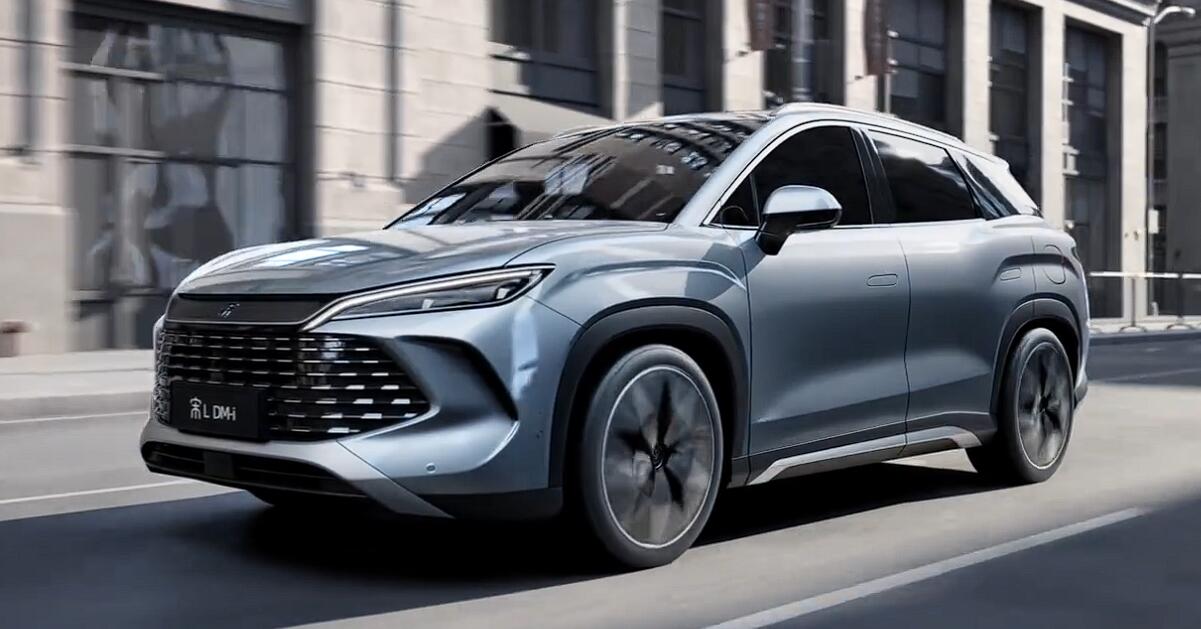
Hsiao’s note indicated that the revised target reflects an additional 400,000 units. However, BYD’s September 9 stock exchange announcement did not confirm any changes to its sales targets. The company hosted analysts, including Hsiao, at its Shenzhen headquarters that morning but did not address any updates to sales projections.
BYD, which shifted its focus to plug-in hybrid electric vehicles (PHEVs) and battery electric vehicles (BEVs) after ceasing production of internal combustion engine vehicles in March 2022, had initially forecasted a 20% increase in full-year sales for 2024 compared to 2023. This forecasted increase would suggest sales of over 3.63 million vehicles, given the 3,024,417 NEVs sold in 2023.
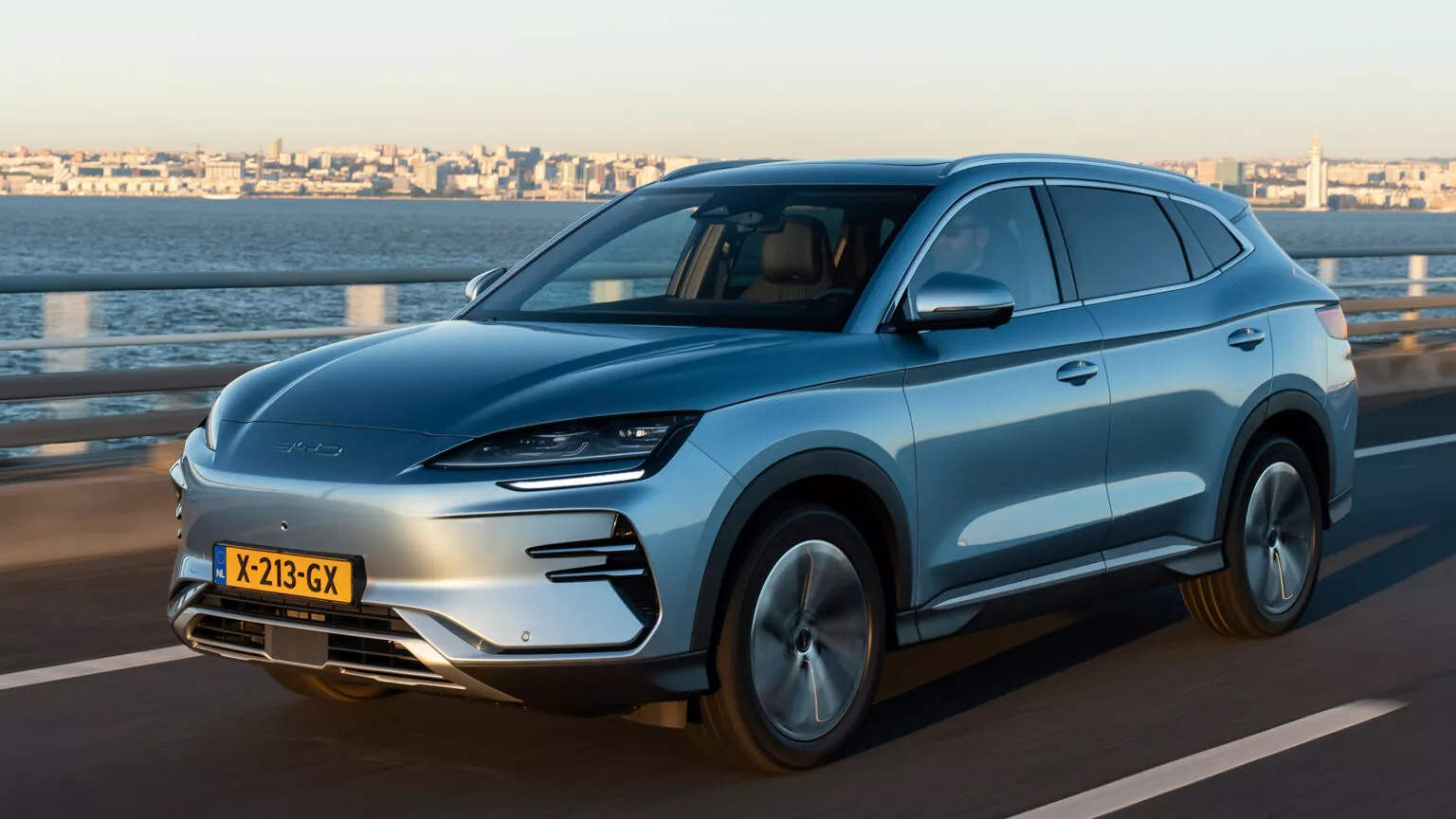
In the January-August period of 2024, BYD sold 2,328,449 NEVs, marking a 29.92% year-on-year increase. The company set a new monthly sales record in August with 373,083 NEVs sold, surpassing July’s record of 342,383 units. This includes 222,384 passenger PHEVs, up 73.12% year-on-year, and 148,470 passenger BEVs, showing modest growth of 1.95% year-on-year.
If BYD were to aim for the 4 million-unit target, it would need to average approximately 420,000 vehicle sales per month over the remaining four months of 2024. Given the current growth trajectory and the expanding market for PHEVs, reaching this target could be feasible.


